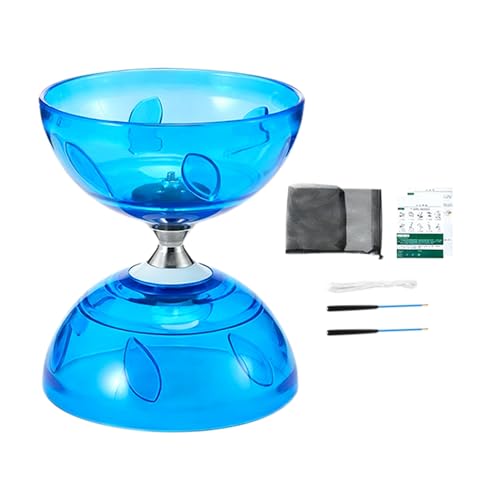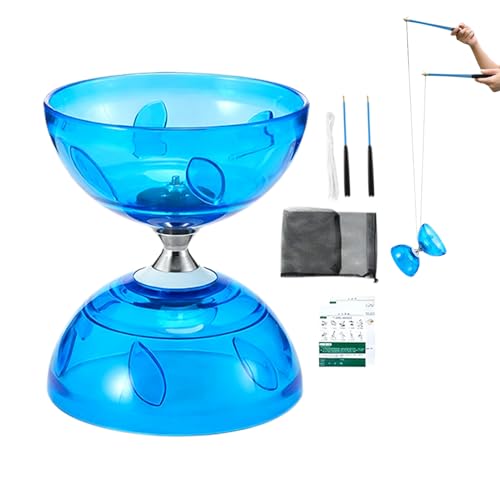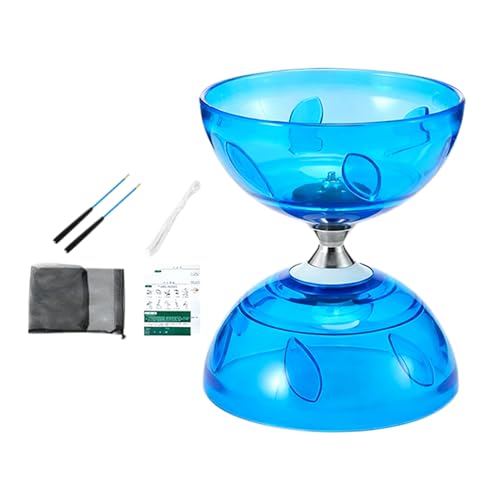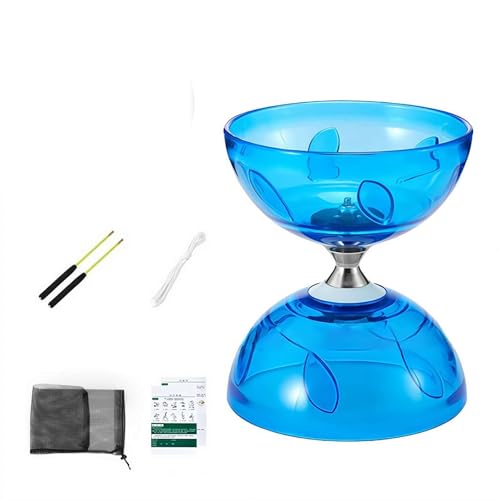Understanding the basics of Chinese yoyo
Before we delve into how to judge a Chinese yoyo competition, it’s essential to understand the basics of this sport. A Chinese yoyo, also known as diabolo, is a juggling prop consisting of two cups and a spindle that connects them. The player uses a string attached to two sticks to manipulate the diabolo, which can spin, hop and even be tossed into the air. Chinese yoyo is a highly technical sport that requires immense skill and hand-eye coordination.
Critiquing the technical aspects of a performance
When judging a Chinese yoyo competition, the first thing to watch for is the technical proficiency of the performer. This includes factors such as the quality of string management, speed control, and the performer’s ability to spin and toss the diabolo accurately. Judging technical prowess is crucial to assessing the performer’s skill level and their mastery of the sport.
Assessing the creativity and style of the performer
While technical proficiency is crucial, Chinese yoyo is also a highly creative sport that prizes innovation and new approaches. Judges must look for performers who show imaginative tricks and an original style. A performer’s personality also plays a significant role in the judges’ assessment, as the best Chinese yoyo players often exude a magnetic energy that can captivate audiences.
Consider the context of the event
Judging a Chinese yoyo competition means taking into account the broader context of the event itself. Factors such as the age and skill level of the performers, the nature of the competition, and even the quality of the stage and equipment can all influence the judges’ decision. Judges must keep these contextual factors in mind when evaluating performances and be aware of how they influence their thinking.
Balancing objectivity and subjectivity
Ultimately, judging a Chinese yoyo competition requires a balance between objectivity and subjectivity. While technical proficiency can be objectively measured, creativity and style are highly subjective qualities that judges must assess using their experience and instincts. To make an informed and fair judgment, judges must find the right balance between basing their evaluation on objective criteria and allowing space for their subjective preferences.






